What is the exact difference between poetry and song lyrics?
The main difference, of course, lies in the fact that poetry is presented to and received by the eyes, while song lyrics–the ears. A key aspect of poetry is the format and how the piece is broken up into stanzas and even further broken up into lines. However, in songs, it is more about how the lyrics are received by the ears. You can’t hear those enjambed lines and line breaks.
So even though the complex content may be the same in both poetry and song lyrics, the difference lie in the following:
1. Rhythm and flow
While common in poetry, rhythm, and flow of words are more essential in terms of writing song lyrics. Not only that, how the words roll off the tongue can often determine a listener’s like or dislike of a song. Soft sounds like ‘f’ and ‘s’ create a different tone when compared to hard sounds like ‘k’ and ‘d.’ These sounds usually match the music, and artists can play off the music’s rhythm to create a different sound, whether they’re going for a mellow, romantic vibe or a more abrasive, angry mood.
2. Choruses
Many times artists and lyricists tend to repeat choruses and certain verses to place emphasis on them, sometimes changing one word in the chorus to tell a different story. Each time the chorus comes up, the verse before it can give a different meaning to it, but in general, choruses are written to convey a universal theme of the song.
3. Short and sweet
With current commercial standards of 3-4 minute songs, there is less time to fit many phrases and ideas in songs. With choruses that repeat, there are usually only two verses in a song in addition to the bridge and possibly an outro. As a result, there’s no time to be long-winded about an idea; phrases must be kept short and concise. In contrast, aside from specific poem types like haikus and sonnets, poems can be as long as the writer likes.
4. Intentional line breaks
Take the following excerpt from a poem from an example:
Just past dawn, the sun stands
with its heavy red head
in a black stanchion of trees,
waiting for someone to come
with his bucket
for the foamy white light,
and then a long day in the pasture.
–Ted Kooser, “A Birthday Poem”
This one sentence is intentionally broken up into seven lines, a common practice among poets in order to place emphasis on ending words and certain phrases. However, in a song, the only way to signify the end of a line is to pause and let the music fill in the rest.
5. Musical accompaniment
Song lyrics function in the context of music. Listening to music is an overall experience with the working team of melodies, harmonies, rhythm, beats, and the voice of the singer. While music is not necessarily dependent on the lyrics, lyrics cannot do without these aspects.
So can song lyrics be poetry?
Well, why not?
Although today’s age of music may make it seem like it’s not possible, there are plenty of songs that contain the same complexity and sensitivity as poems. In Ancient Greece, many people performed poetry as songs, often singing or chanting the lines; this type of poetry was called lyric poetry.
While poetry and song lyrics have proven to be quite different, the similarities are undeniable. Some may credit poetry more since it is an obvious part of literature, and some may even scoff when musical artists claim their lyrics are poetry. However, many artists just want their lyrics to be taken in with the same mindset and thought as when people read poetry.
Both genres offer the same complexity, rhythm, and content but just through different means. Musical artists work with both the music and lyrics to depict a story. For poets, the silence is their music, and their words fill that silence.
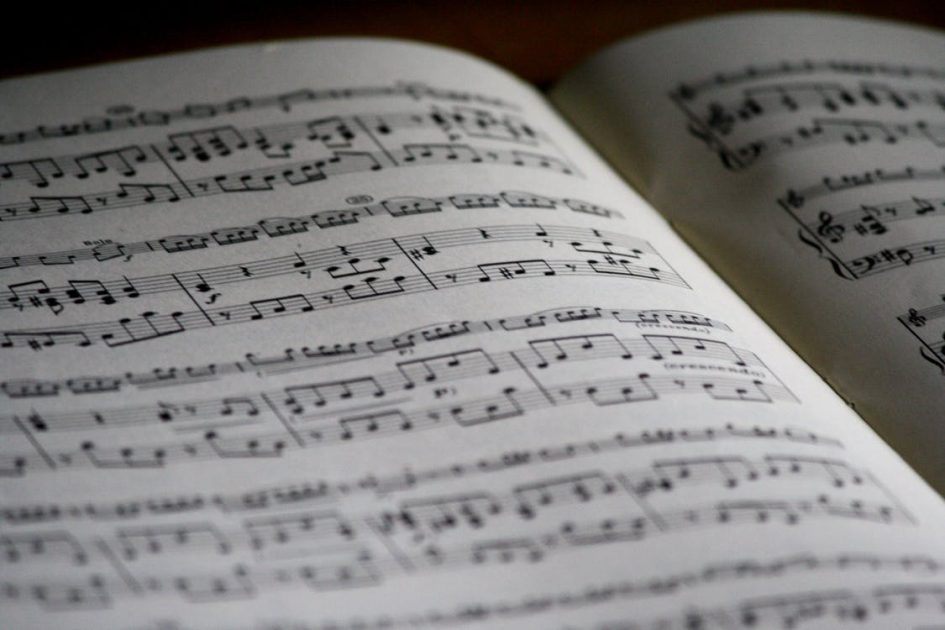

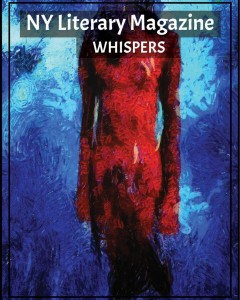
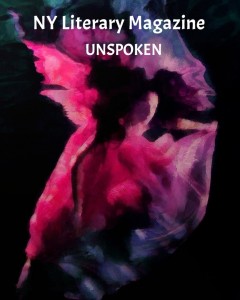

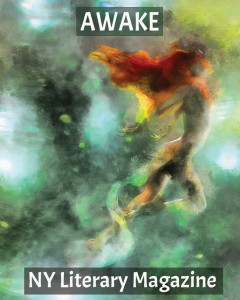
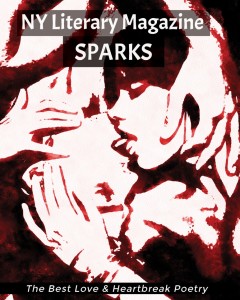
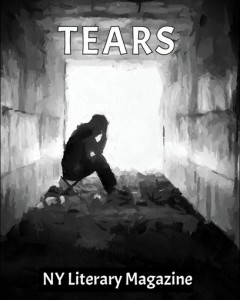
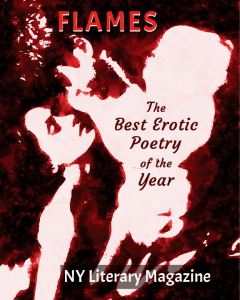


Leave a Reply
You must be logged in to post a comment.